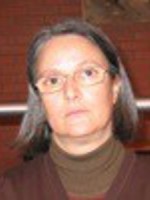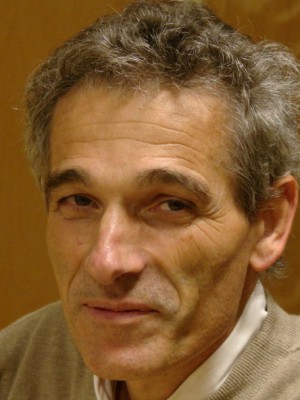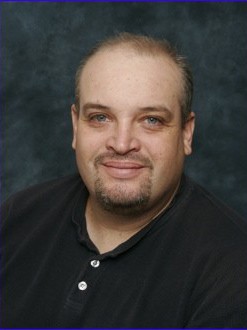resumo
A quaternary bioactive glass of high silica content was used as a model system for flexible design of powder characteristics obtained by ball milling. The dependence on milling time was used to demonstrate consistency with the expected correlation between comminution and cumulative kinetic energy of impacting balls. Additional experiments were based on Taguchi planning of simultaneous changes in milling time, balls-to-powder ratio and ethanol-to-powder ratio, with ethanol used as a process control agent (PCA) to prevent agglomeration and to seek greater flexibility in the design of powder distributions. Plausible physical mechanisms allowed us to obtain improved fitting by multivariate analysis, based on log-log scales. Normal distribution was found to be well-suited to describe the actual particle size distributions, which are very positively skewed. Weibull distributions provided good fitting, mainly by considering the three different contributions from particles in small, medium and large size ranges. These contributions are affected differently by ball milling parameters, as demonstrated by finer analysis. This yields suitable conditions for a flexible design of asymmetric powder size distributions (i.e. bimodal or skewed), in addition to a decrease in average particle size - both highly significant factors when designing glass-ceramic powders for robocasting and additive manufacturing.
palavras-chave
RHEOLOGY; BEHAVIOR; PACKING
categoria
Materials Science
autores
Ben-Arfa, BAE; Salvado, IMM; Frade, JR; Pullar, RC
nossos autores
Grupos
G3 - Materiais Eletroquímicos, Interfaces e Revestimentos
G4 - Materiais Renováveis e Economia Circular
G5 - Materiais Biomiméticos, Biológicos e Vivos
Projectos
agradecimentos
R.C. Pullar wishes to thank the FCT (Fundacao para a Ciencia e a Tecnologia, Portugal) Grant IF/00681/2015 for supporting this work. B.A.E. Ben-Arfa thanks FCT grant BIONANOSCULP PTDC/EPH-PAT/6281/2014 for supporting him during this work. This work was developed in the scope of the project CICECO-Aveiro Institute of Materials (Ref. FCT UID/CTM/50011/2013), financed by national funds through the FCT/MEC and when applicable co-financed by FEDER (Fundo Europeu de Desenvolvimento Regional) under the PT2020 Partnership Agreement.





